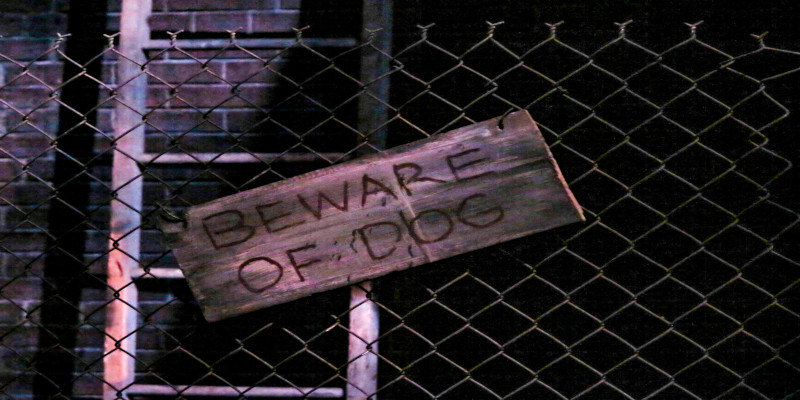
When conflict cannot be resolved, sometimes legal action is the only recourse. Once a client and attorney determine that the client has a viable reason to file a lawsuit, the attorney will draft and file a petition. Because that petition informs the defendant of the claims against him or her as well as the relief requested, strict rules are in place about exactly how and when to serve that petition. At times however, the defendant does not want to be served and will do everything possible to avoid service. The process server may contend with high fences, locked gates, and sometimes even aggressive dogs. In instances like these where the defendant is actively avoiding service, Rule 106 of the Texas Rules of Civil Procedure provides the option of Substituted Service for delivery of the petition.
Motion for Substituted Service
Because delivery of the petition is critical to the lawsuit, the plaintiff must confirm that the residence and/or business addresses for the defendant are correct and that the process server attempted numerous times without success to serve the defendant in person or by registered mail. The plaintiff’s motion should be supported by an affidavit documenting the following:
- All efforts taken to verify that defendant actually lives or works at the subject address;
- Each attempt at service, with date(s) and time(s);
- Identity of persons who were present at the subject address and what was said;
Additionally, many courts require a printout of some public record at PublicData.com or similar online database confirming that the person to be served actually resides at the address at which service is being attempted. Our law firm uses vehicle registration information to confirm addresses since they must be renewed annually.
Order for Substituted Service
Courts want to ensure that a defendant has had every opportunity to receive the petition, thus avoiding a default judgment. As a result, they are often hesitant about granting substituted service initially. However, once the judge is satisfied that serious, repeated attempts have failed to effect personal service, he or she will usually sign an order allowing the petition to be placed on a front door or gate.
This Order for Substituted Services allows the sheriff, constable, or private process server to leave a copy of the petition at the confirmed address with anyone over the age of sixteen or to allow service in some other effective way:
(B) Upon motion supported by a statement--sworn to before a notary or made under penalty of perjury--listing any location where the defendant can probably be found and stating specifically the facts showing that service has been attempted under (a)(1) or
(a)(2) at the location named in the statement but has not been successful, the court may authorize service:
(1) by leaving a copy of the citation and of the petition with anyone older than sixteen at the location specified in the statement; or
(2) in any other manner, including electronically by social media, email, or other technology, that the statement or other evidence shows will be reasonably effective to give the defendant notice of the suit.
Tex. R. Civ. P. 106
Detailed, thorough protocols help to ensure that a defendant receives the petition for a lawsuit. Due to the complexity of those protocols and the importance of following them exactly, seeking the advice of an experienced attorney is essential to successfully move forward with the lawsuit.
All information provided on Silblawfirm.com (hereinafter "website") is provided for informational purposes only and is not intended to be used for legal advice. Users of this website should not take any actions or refrain from taking any actions based upon content or information on this website. Users of this site should contact a licensed Texas attorney for a full and complete review of their legal issues.
